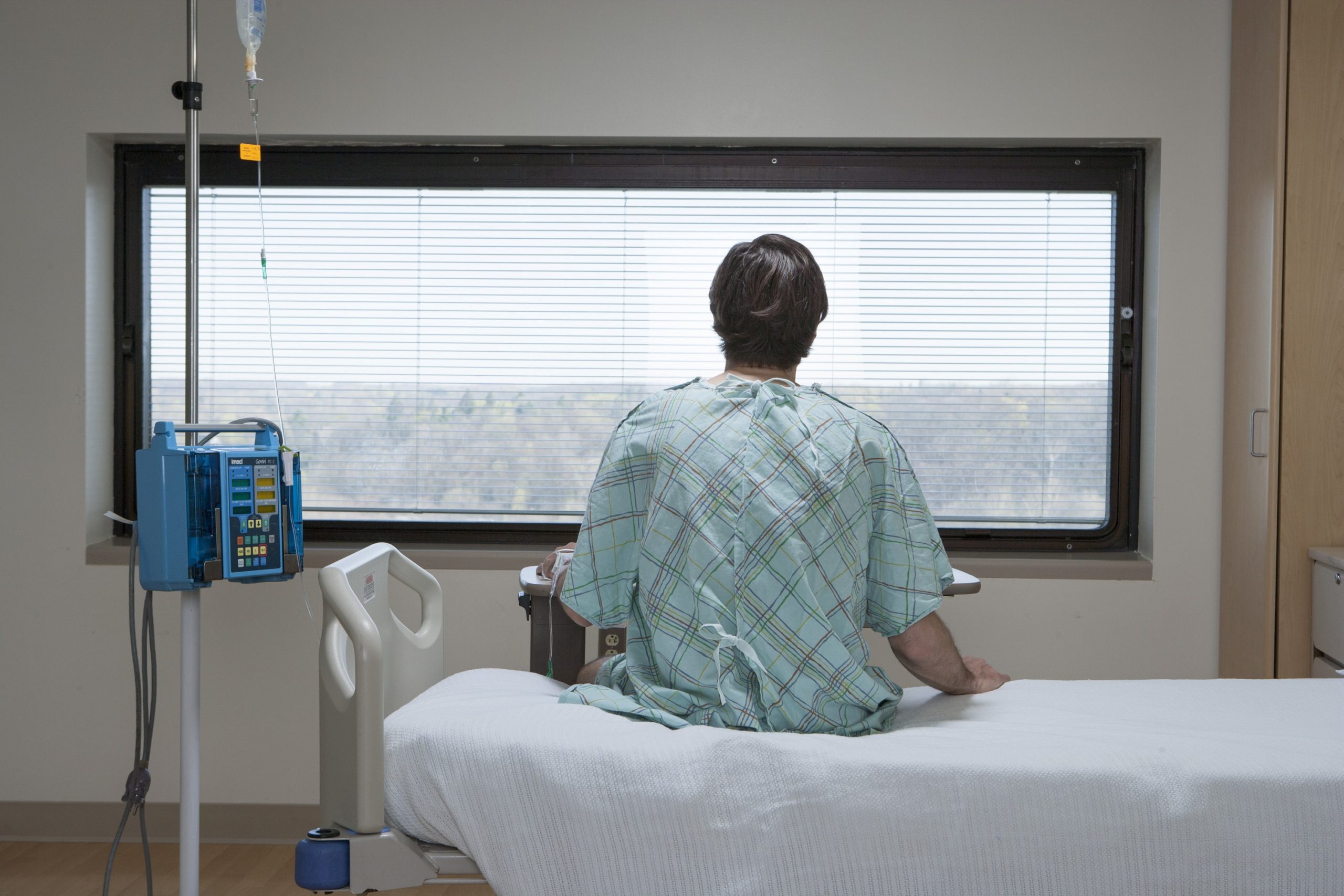Skip To Sections
A key challenge that health systems face involves healing patients in an environment in which many illnesses are highly transmissible. Environmental services (EVS), which is defined as all cleaning services that take place in healthcare settings, performs the vital service of protecting patients, visitors, and staff from infectious pathogens. While proper cleaning of clinical spaces has a direct impact on patient health outcomes, the perception of clean in non-clinical areas significantly influences patient satisfaction scores.

Patient outcomes are directly influenced by the performance of EVS while in the hospital. Hospital-acquired infections (HAIs) affect roughly 1 in 31 hospital patients and 1 in 43 nursing home residents in the United States [1], their impact becoming more pronounced with the rise of antibiotic-resistant bacteria.
Further, HAIs represent a significant expense to hospitals at over $9.8B annually [2]. HAIs represent a considerable challenge to EVS systems, as not all pathogens can be eliminated using the same cleaners and methods. C. diff, a common hospital-acquired bacterium, forms spores on surfaces and cannot be sterilized with bleach alone. In order for EVS to minimize the impact of HAIs on the health system, EVS staff must understand the nuances of cleaning patient care areas relative to non-hospital janitorial work.
Environmental services personnel are integral to the success of the health systems they serve because of the effect their work has on patient satisfaction. The Hospital Consumer Assessment of Healthcare Providers and Systems (HCAHPS) survey is issued to recent hospital patients nationwide as a means to evaluate and compare hospital performance across systems [3]. Included in HCAHPS are questions related to the quality of the hospital environment, which includes how patients perceive the cleanliness of the hospital [3,4]. As a result, EVS must ensure that both clinical and non-clinical areas are pathogen free to prevent HAI transmission and appear clean to the naked eye to bolster HCAHPS scores.

Efficiency and employee education are key factors that influence the success of an EVS department. EVS staff must be efficient in cleaning rooms post discharge to make room for new admissions, but too much emphasis placed on turnaround time may result in insufficient disinfection [5].
Further, employees must understand their role in combating HAIs not only for the benefit of patient outcomes and satisfaction, but also to mitigate their financial impact on the system [2,6]. A successful EVS department is an essential component of a successful health system, as EVS plays a key role in helping hospitals achieve their primary objective of treating patients and preventing infection.

This article was authored by Yera Patel. Yera is a senior associate with expertise in performance improvement and non-labor cost reduction engagements at Pathstone Partners.
